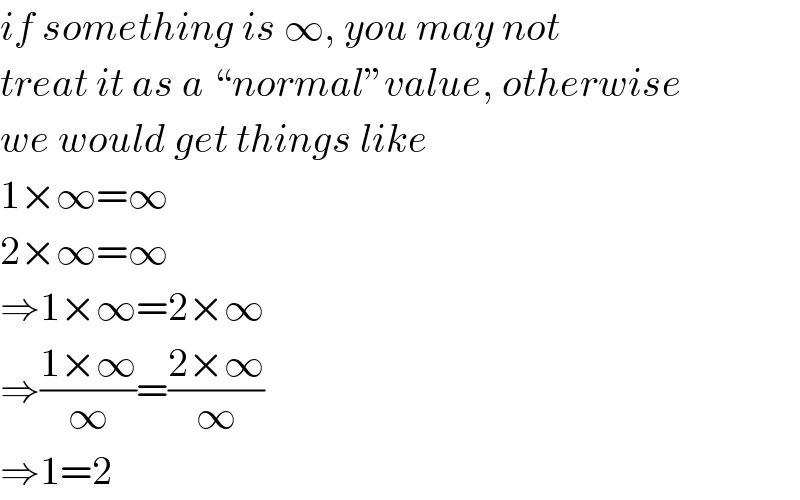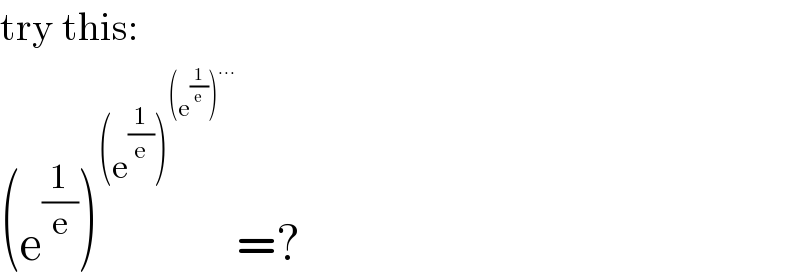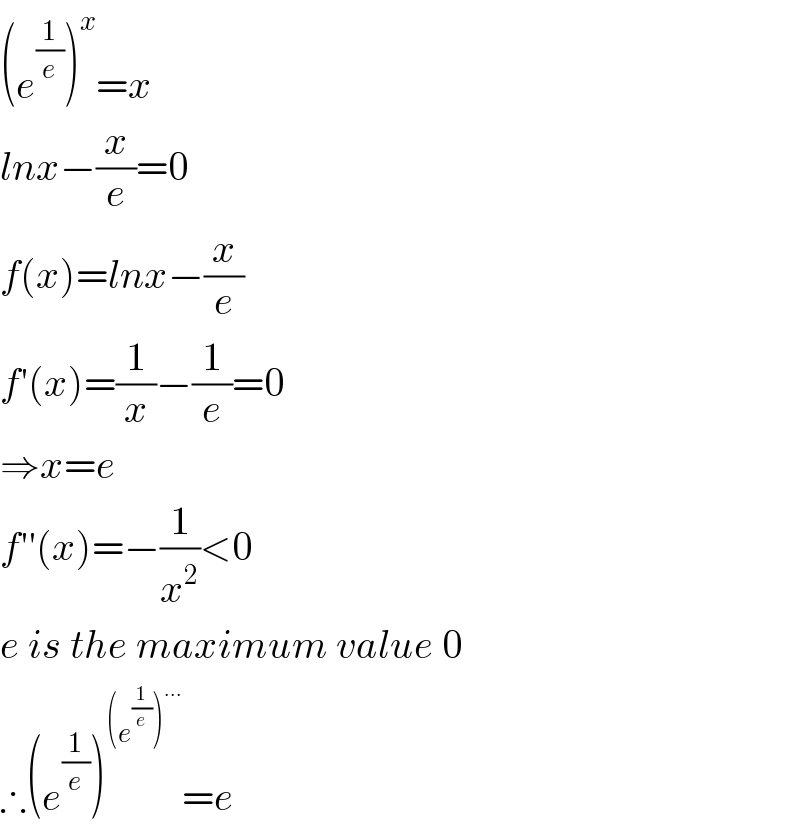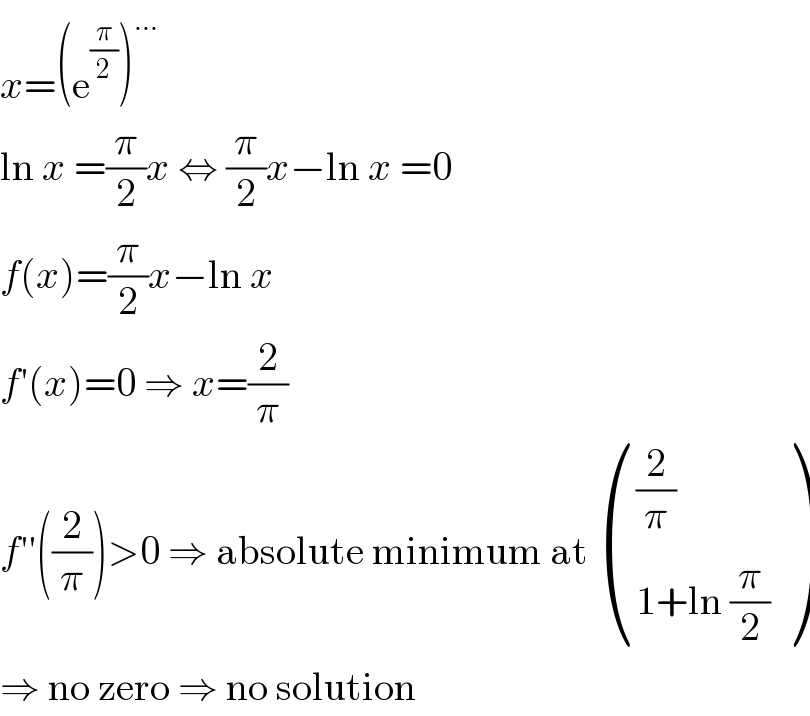
Question and Answers Forum
Question Number 80139 by M±th+et£s last updated on 31/Jan/20

Commented by M±th+et£s last updated on 31/Jan/20
![[Q80131 Reposted]](Q80140.png)
Commented by mr W last updated on 31/Jan/20

Commented by MJS last updated on 31/Jan/20

Commented by M±th+et£s last updated on 31/Jan/20

Commented by Tony Lin last updated on 31/Jan/20

Commented by MJS last updated on 31/Jan/20

Answered by MJS last updated on 31/Jan/20

